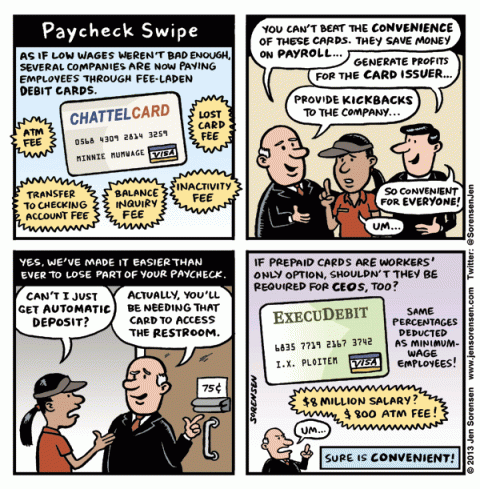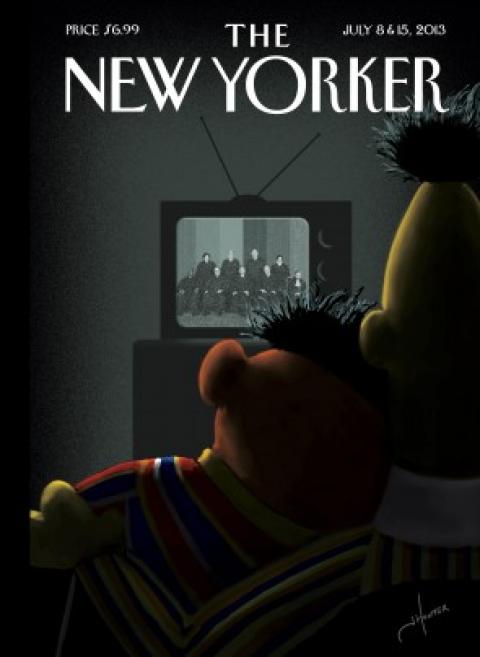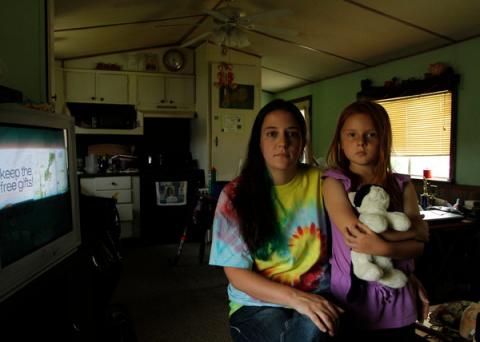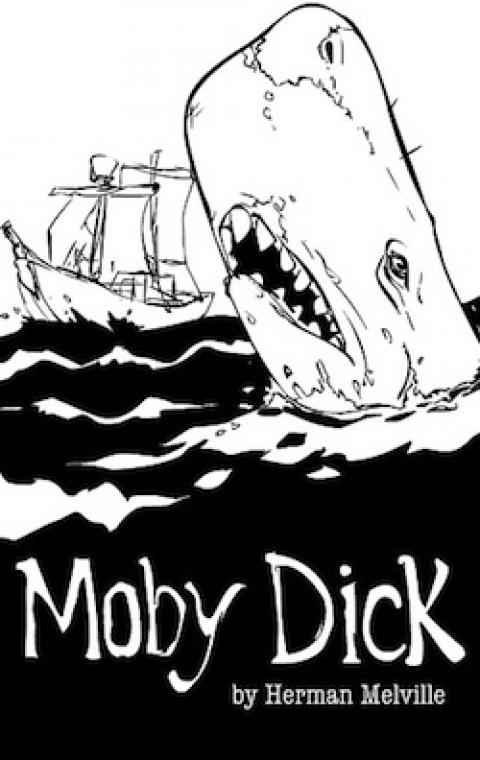How Capitalism's Great Relocation Pauperized America's 'Middle Class'
The Guardian

As long as workers could wrest gains from capitalism, the system was safe. But with production offshored, that bargain blew up.







Spread the word